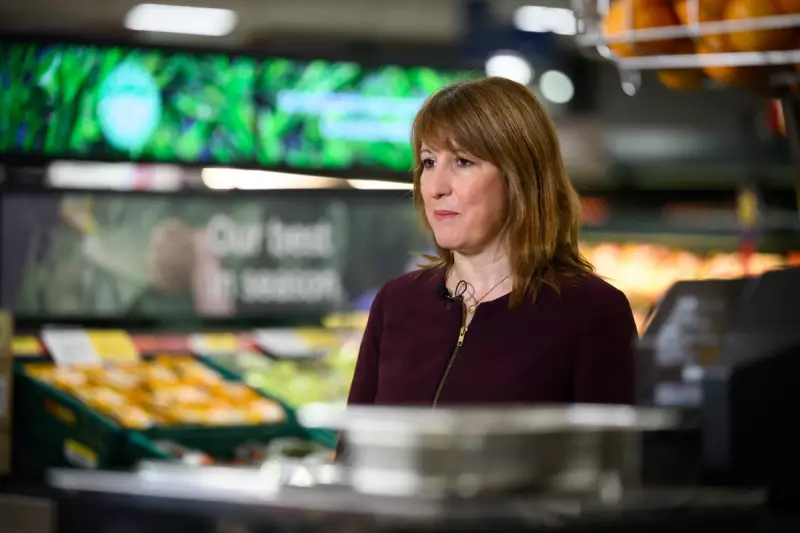
Chancellor Rachel Reeves is set to unveil a significant leftward shift in economic policy with an upcoming Budget designed to placate restless Labour MPs and avert a potential leadership challenge.
A Budget to Unite the Party
The proposed financial plan, expected to be presented in the autumn, will feature two major, headline-grabbing policies. The controversial two-child benefit cap will be scrapped, a move long demanded by the party's left wing. Furthermore, the Treasury will introduce a suite of new taxes targeting wealth and corporate profits to tackle a projected spending deficit.
The New Tax Measures
Planned wealth taxes are central to the Budget's strategy. The package is reported to include a mansion tax on properties valued over £2 million, a dedicated profits tax on gambling companies, a new levy on bank profits, and an increase to the capital gains tax. In a concession to backbench pressure, the government has decided against raising income tax, with MPs warning that such a move would alienate core voters.
Balancing Political Pressures
This economic intervention is seen as a direct response to recent internal party tensions. By adopting these left-leaning fiscal policies, Keir Starmer and Rachel Reeves aim to balance the government's recent right-leaning stances on contentious issues such as asylum and human rights. The strategy is calculated to appease both the wider party membership and the Parliamentary Labour Party, stabilising the leadership against any brewing rebellion. The final Budget is expected to be announced in the coming months.





